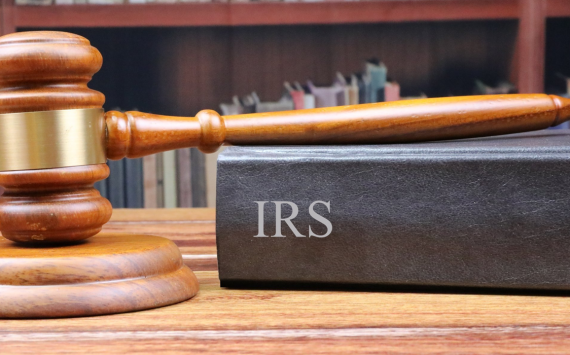Description
The Congressional Budget Office (CBO) is a federal agency within the legislative branch of the United States government that provides budget and economic information to Congress. Inspired by California's Legislative Analyst's Office that manages the state budget in a strictly nonpartisan fashion, the CBO was created as a nonpartisan agency by the Congressional Budget and Impoundment Control Act of 1974.
Whereas politicians on both sides of the aisle have criticized the CBO when its estimates have been politically inconvenient, economists and other academics overwhelmingly reject that the CBO is partisan or that it fails to produce credible forecasts. There is a consensus among economists that "adjusting for legal restrictions on what the CBO can assume about future legislation and events, the CBO has historically issued credible forecasts of the effects of both Democratic and Republican legislative proposals."
History
The Congressional Budget Office was created by Title II of the Congressional Budget and Impoundment Control Act of 1974 (Pub. L. 93-344), which was signed into law by President Richard Nixon on July 12, 1974. Official operations began on February 24, 1975, with Alice Rivlin as director.
The CBO's creation stems from a fight between President Richard Nixon and a Democratic-controlled Congress. Congress wanted to protect its power of the purse from the executive. The CBO was created "within the legislative branch to bolster Congress’s budgetary understanding and ability to act. Lawmakers' aim was both technical and political: Generate a source of budgetary expertise to aid in writing annual budgets and lessen the legislature’s reliance on the president's Office of Management and Budget." In 2015, the Brookings Institution reported that since its creation, the CBO has since supplanted the OMB "as the authoritative source of information on the economy and the budget in the eyes of Congress, the press, and the public."

























